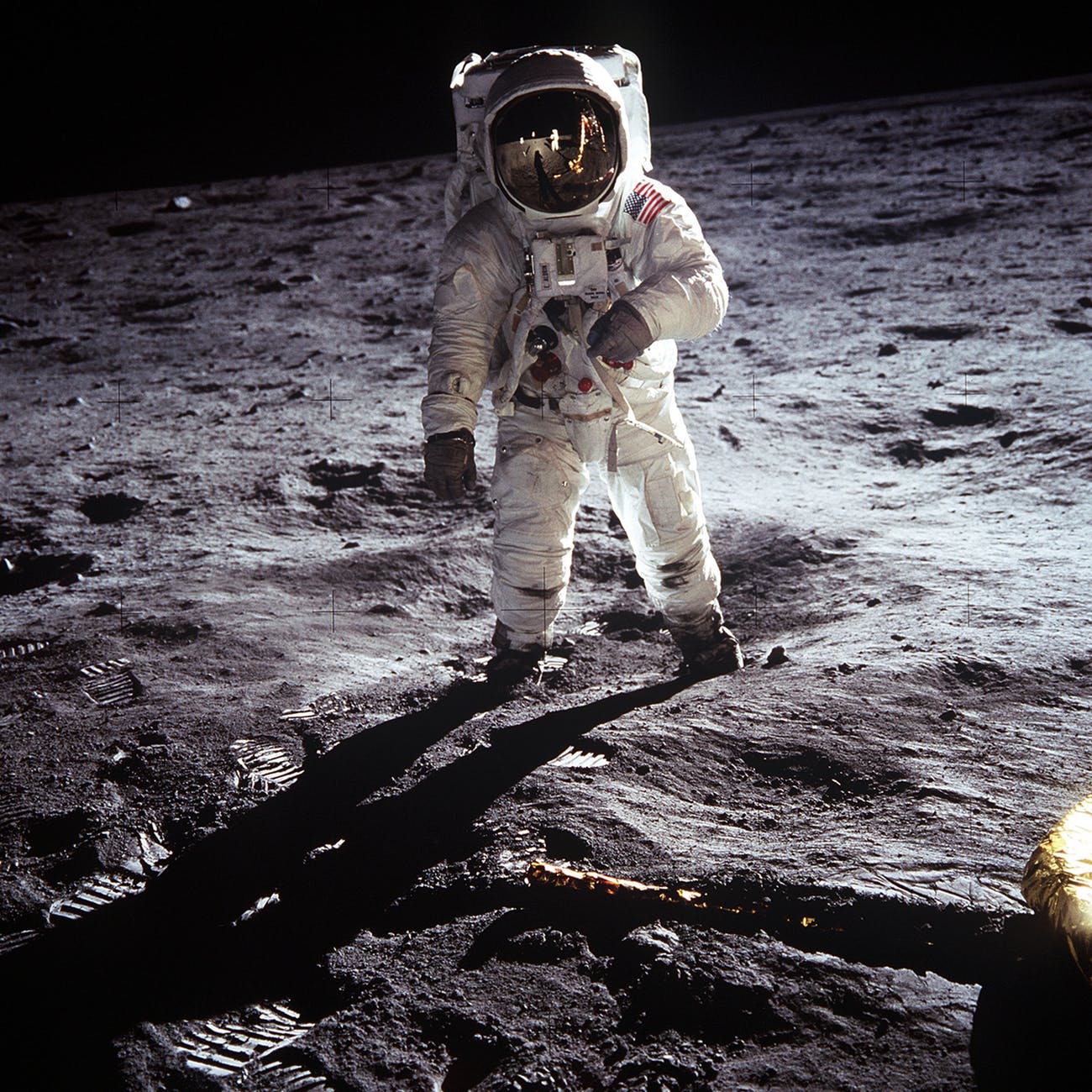
This project is based around the idea of using themes in coaching. It will be connected to the work on masculinity in rugby that I ran last year and I intend to weave the two together across the season and will post about them too.
Themes: Finding A story we belong to
During an interview with the 1014 in May 2019, the (then) coaching partnership of the Canterbury Crusaders, Scott Robertson and Ronan O’Gara, outlined their use of ‘themes’ to project a vision for a season to their players.
Rugby-Nerd Alert! Jump to minutes 26 to 32 for their specific conversation on the use of themes for a season:
Having heard O’Gara and other players under Robertson speak so glowingly about this idea of underpinning the season with a theme, I was eager to explore. The fact that they have also won 3 Super Rugby titles in a row also proved to be a compelling reason to listen! The only thing to then decide was: what kind of theme could work?
Around this time I started listening to the excellent ’13 Minutes to the Moon’ podcast that was produced by the BBC World Service to coincide with the 50th anniversary of the Apollo 11 Moon landing. The show was a fascinating insight into the program and all of the ups and downs along the way. There was an array of interviews with various key figures – including one with Michael Collins who became a subject of intrigue for me – who contributed in some way to help Buzz Aldrin and Neil Armstrong set foot on the moon in 1969.
Gripped by these weekly podcasts, I was taken deep into a story I was familiar with but had not fully grasped. I knew this could work as a theme for a team (try that last bit in an Irish accent!) which could inspire throughout the season ahead.
We would look to use this quest to the moon as our theme for the season. There is much to garner from the Apollo program such as: early failures, the rivalry with the USSR and key figures in NASA. One such figure was Gene Kranz, made famous for his “Failure is not an option” speech during the Apollo 13 mission. Kranz is someone who was clearly very demanding but inspiring. If you want to get a sense of him – also check out his fetching white waistcoat and a haircut you could set your watch to – in this clip from the film Apollo 13.
After using a questionnaire to establish some personal and team goals for this new group, we quickly realised the main indicator for success was largely dependent upon winning matches. While I am not trying to take away from their competitive spirit, I was looking to challenge them further, to see if they could aim a little higher in terms of what they might be capable of achieving. There was also the sense that they needed to think bigger and longer term.
We had scheduled to launch the project on a Thursday afternoon before training. It just so happened this was on the 12th of September (note the date of JFK’s speech in 1962 – 57 years to the day) where we showed the group this video and asked them to think and dream big:
In 1962, those who heard JFK speak at Rice University in Houston thought he was crazy to suggest that the US would land a man on the moon by the end of the decade. Even the experts at NASA (which had only been founded 4 years before this speech) thought this was too much to expect from a rivalry dominated by the Russians. The pinnacle of this contest was Yuri Gargarin becoming the first man in space, a year before Kennedy made this bold claim. The same trend would continue throughout most of the decade with the Soviets claiming the followings milestones: Valentina Treshkova – the first woman in space; first multi person crew in space; first space walk and; the first unmanned lunar orbit.
How this relates to our team is that it is not where you are but where you are going that really counts. If our aspirations are grand enough then there will be plenty of setbacks but we must keep our eyes on this prize and see it through. I also informed the group that for all the early successes of the USSR in the space race, only 12 people have set foot on the moon – all of them have been American.
As coaches or teachers, we sometimes need to provoke those around us and I certainly intended to do so here. I likened some of the goals they shared of beating teams to flying a kite. It is great and it is fun and I am sure there is some sense of accomplishment…but it has nothing on going to the moon…
We then asked them to reconsider what their personal and team goals were and made some suggestions of our own. It was good to at least make clear of what we wanted them to aim for, not only over the course of this season but also how these next few months might fit into the wider narrative of their rugby, sporting and school lives.

Finally to round off the presentation and to allow some time for them to reflect (and for us to actually train!), we ended with the famous words utterly by Armstrong when he set foot on the moon:
It’s one small step for man, one giant leap for mankind.
This is a line that we want to use as a mantra for how we might go about achieving lofty and ambitious goals. If we can make small moments of progress towards our aims, we can ultimately find ourselves at the point where our final small step is indeed a giant leap when we look back at how far we have come.
7 Thoughts